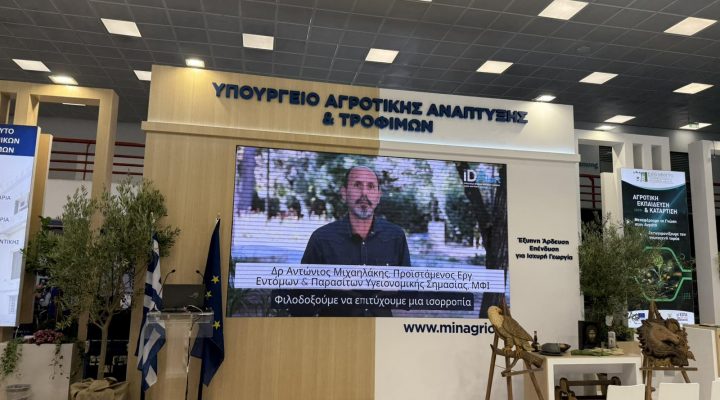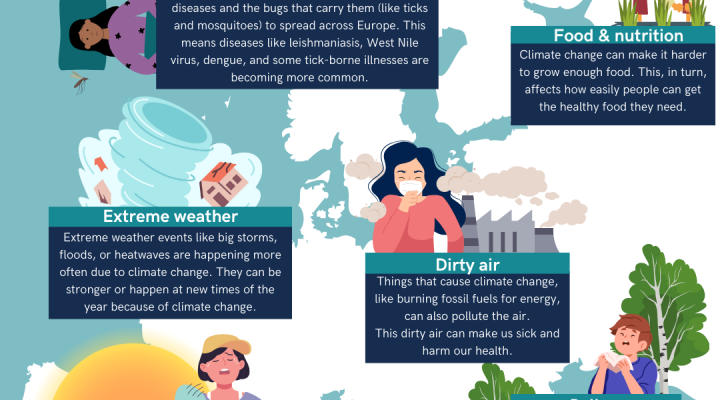Charnley, Gina E.C. et al.
The Lancet Regional Health – Europe, Volume 53, 101271
Emerging vector-borne diseases (VBDs) are a major public health concern worldwide. Climate change, environmental degradation and globalisation have led to an expansion in the range of many vectors and an erosion of transmission barriers, increasing human exposure to new pathogens and the risk for emerging VBD outbreaks. Europe is potentially underprepared for the increasing threat of VBDs, due to attention and funding being diverted to other public health priorities. Proactive, rather than reactive, prevention and control approaches can greatly reduce the socio-economic toll of VBDs. Endemic countries globally have decades of experience in controlling VBDs, and Europe has much to learn from this knowledge. Here, we advocate for the expansion of transdisciplinary knowledge-sharing partnerships, to co-create proactive measures against VBDs. We present the experiences and expertise of our diverse international team and explore how an array of interventions can be applied and adapted to the European context.
DOI: 10.1016/j.lanepe.2025.101271






